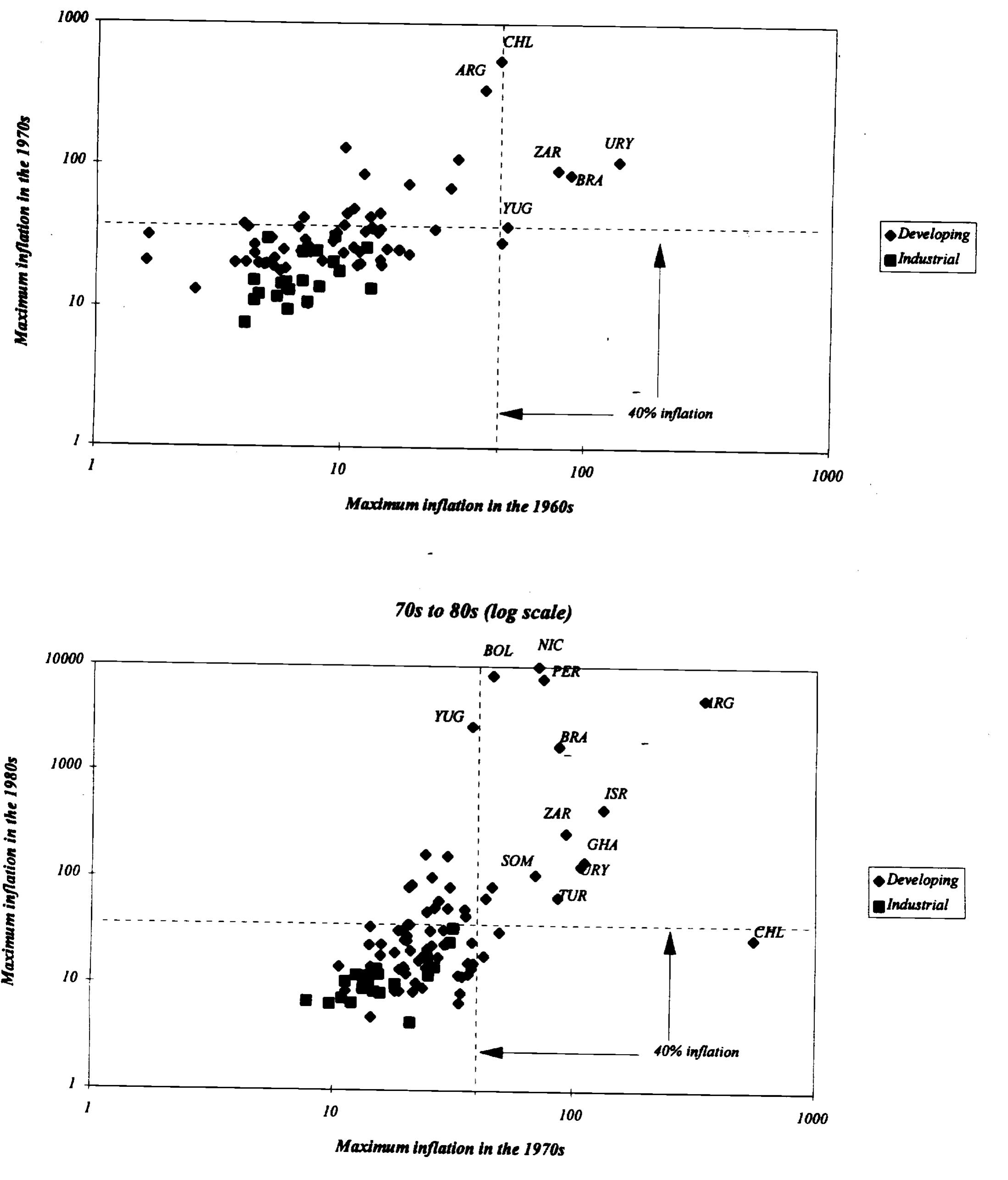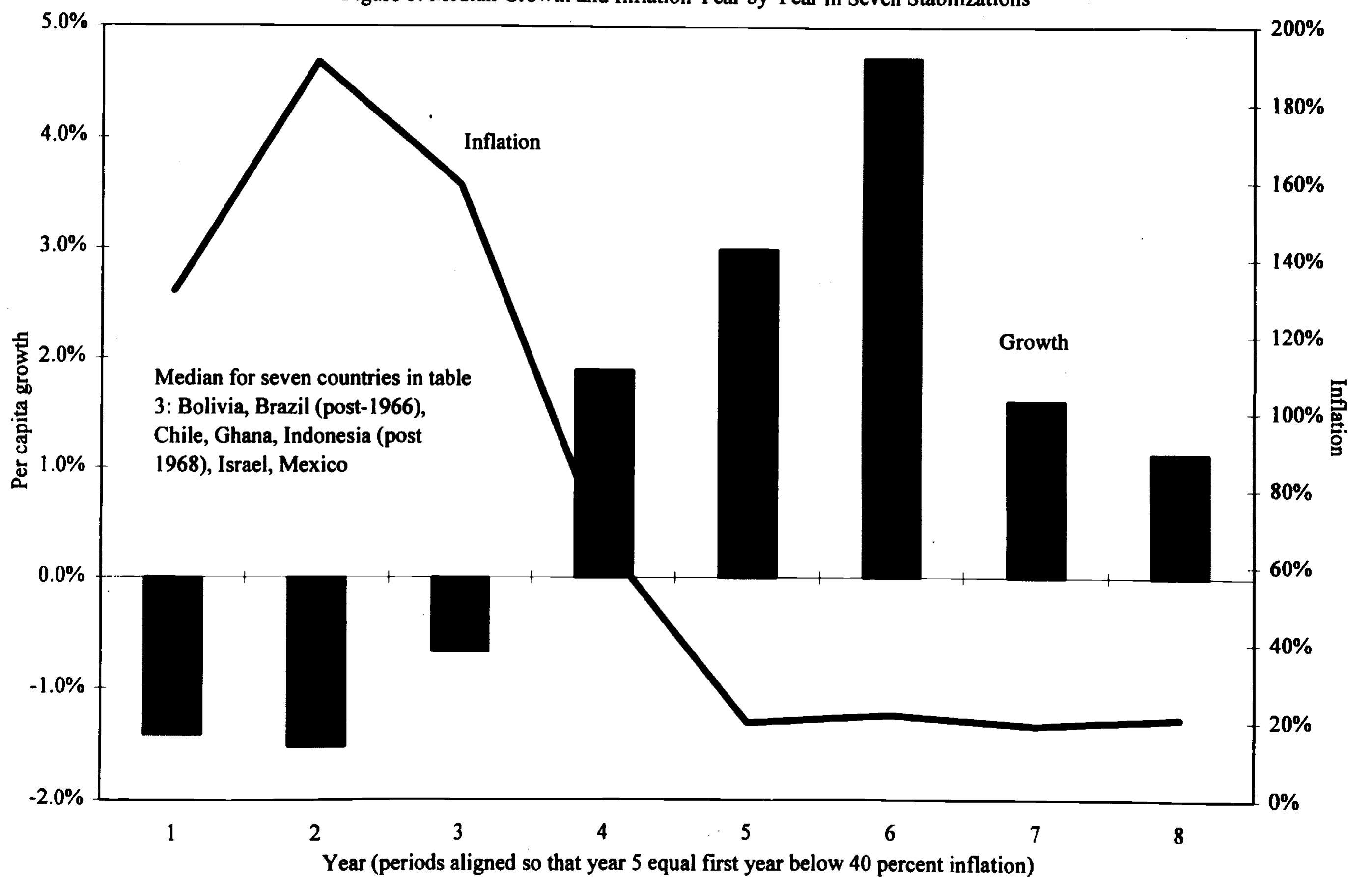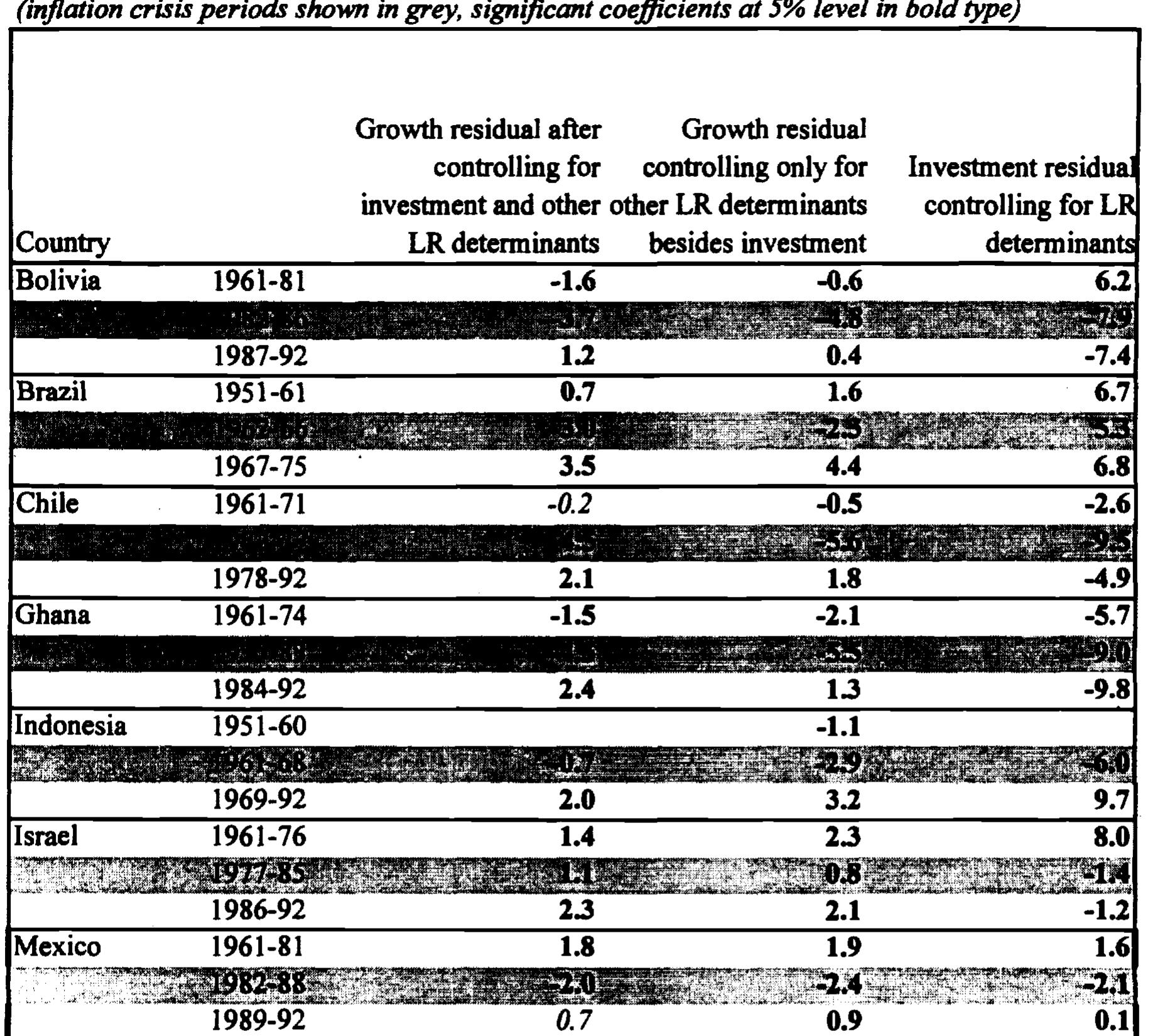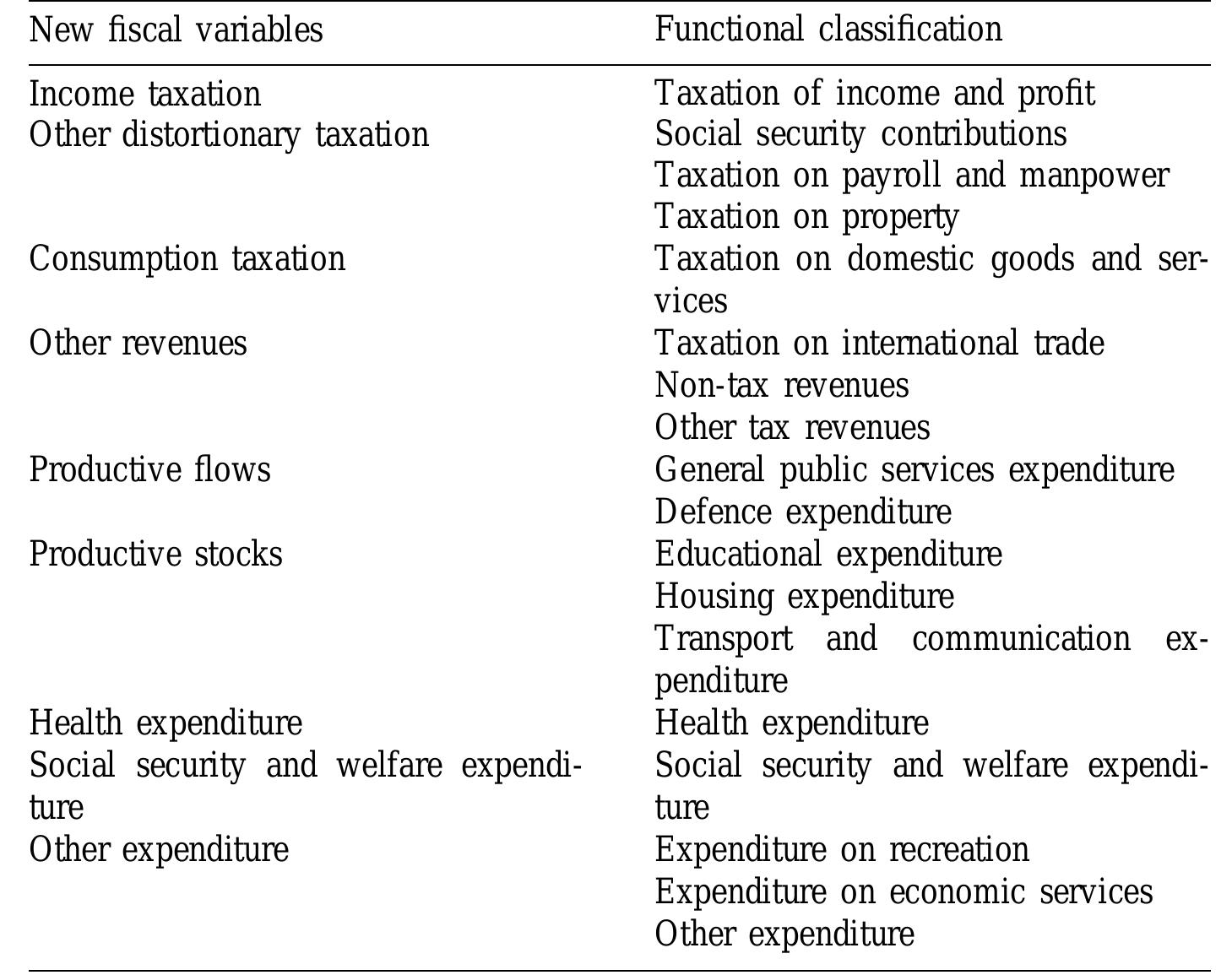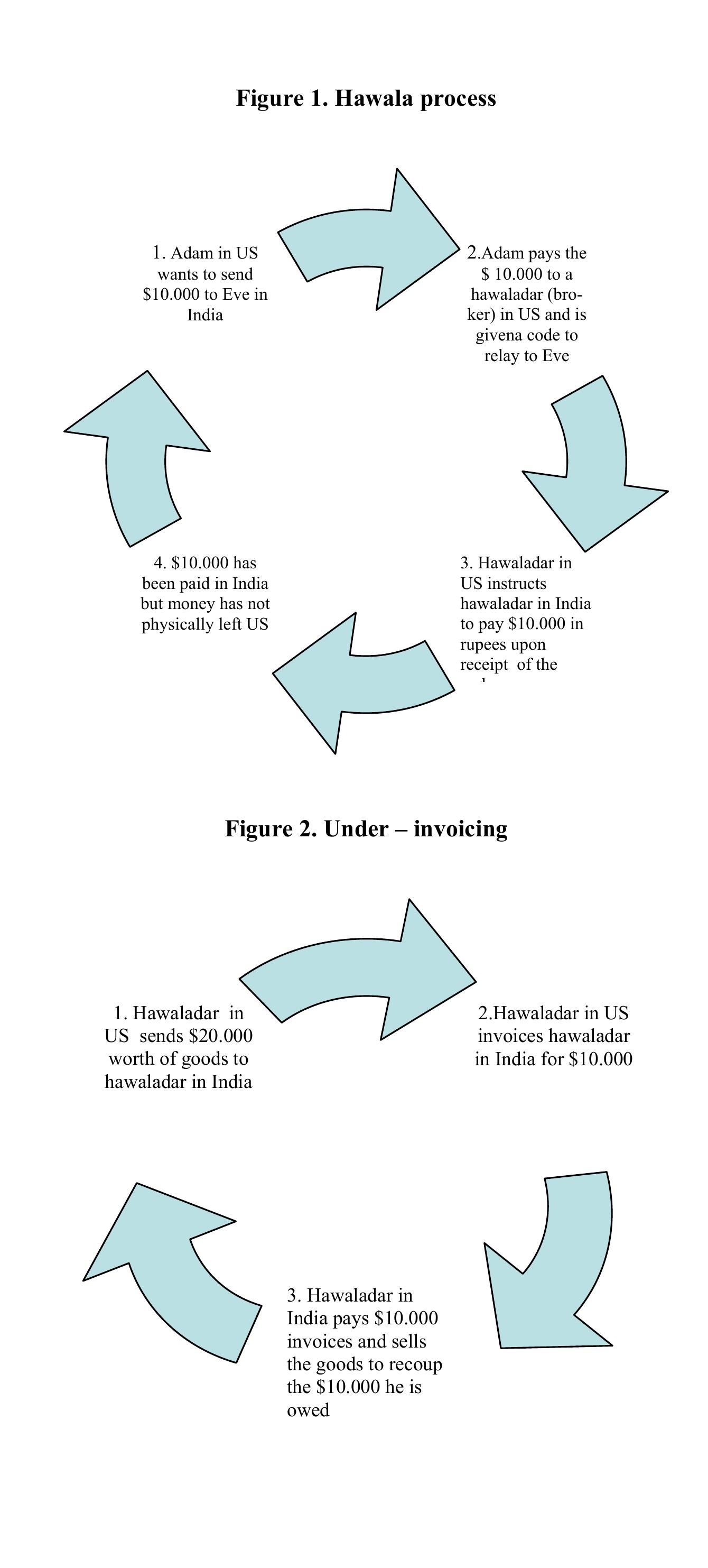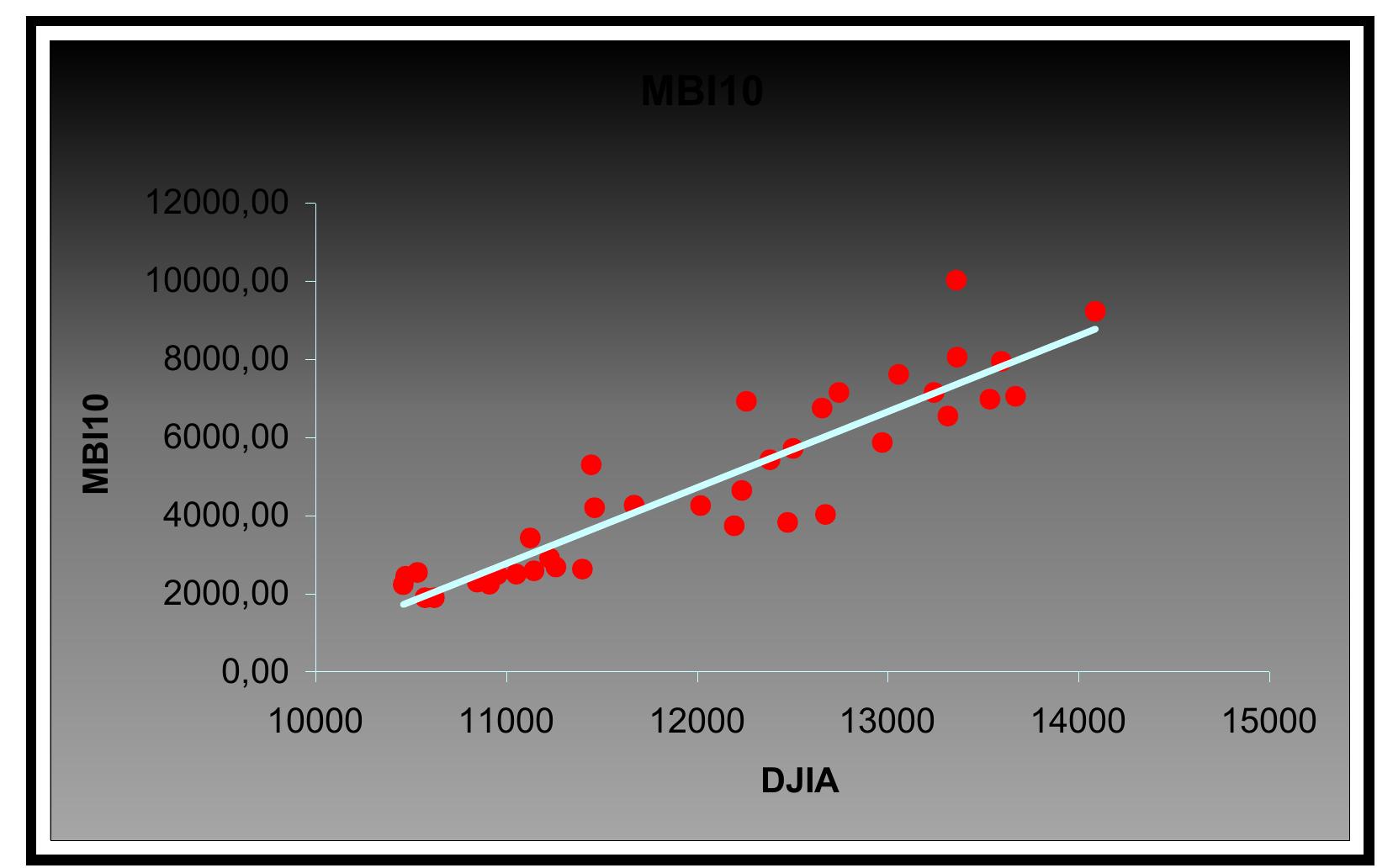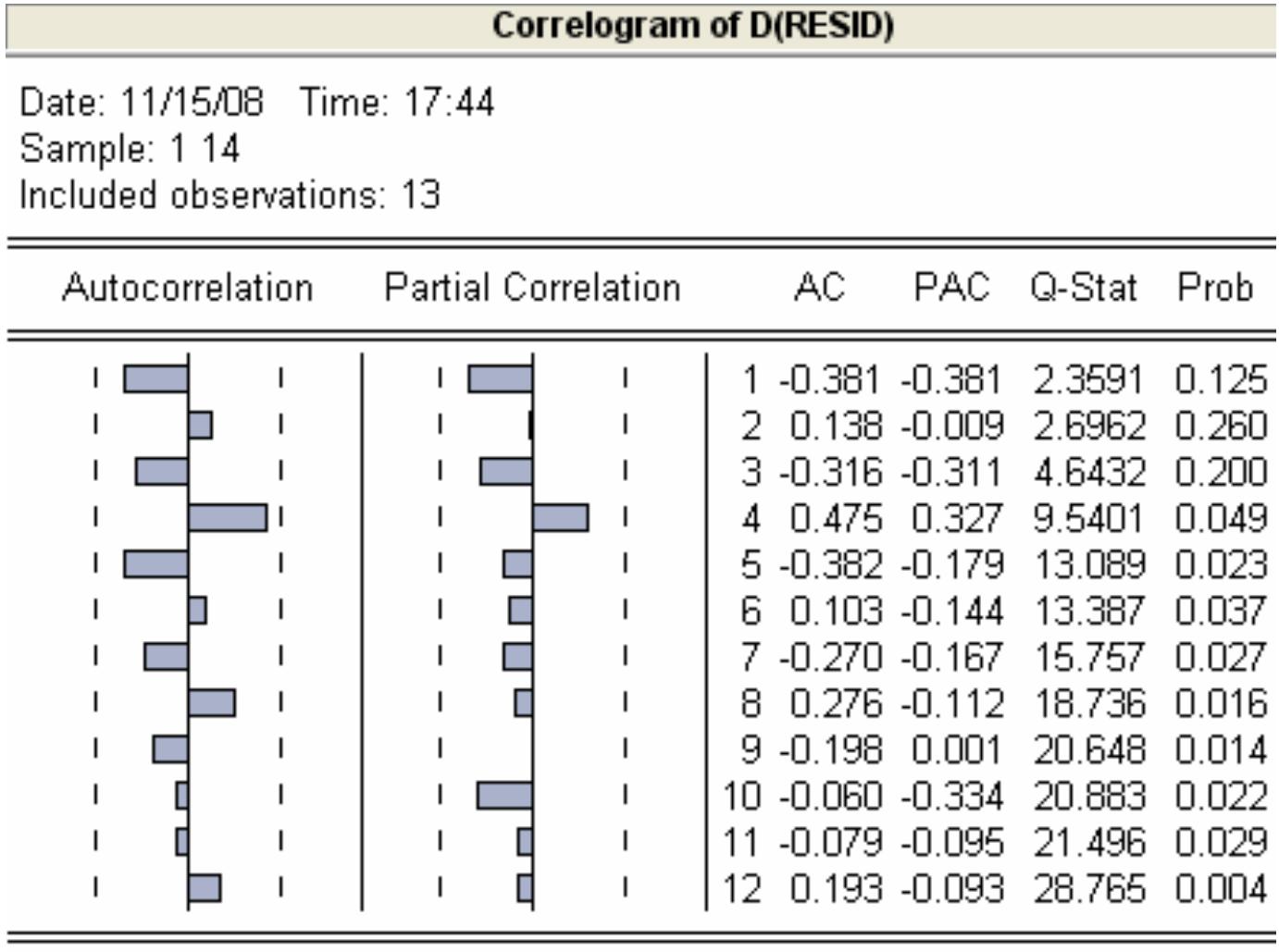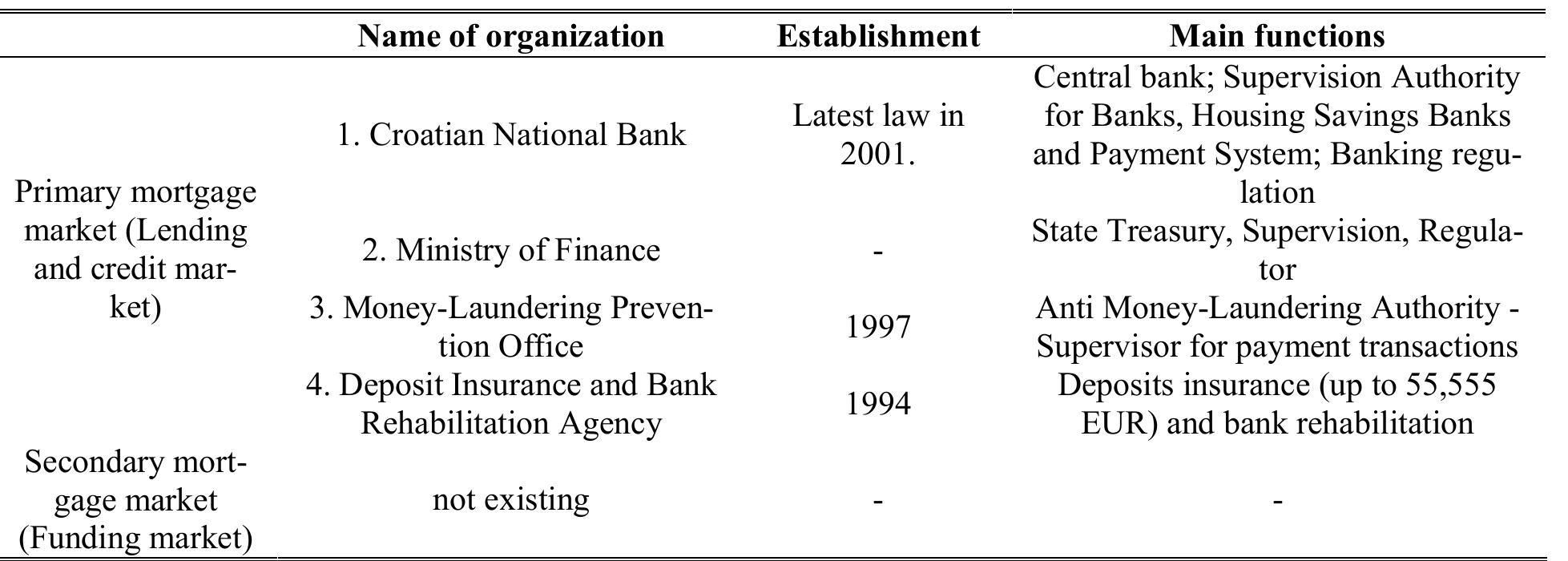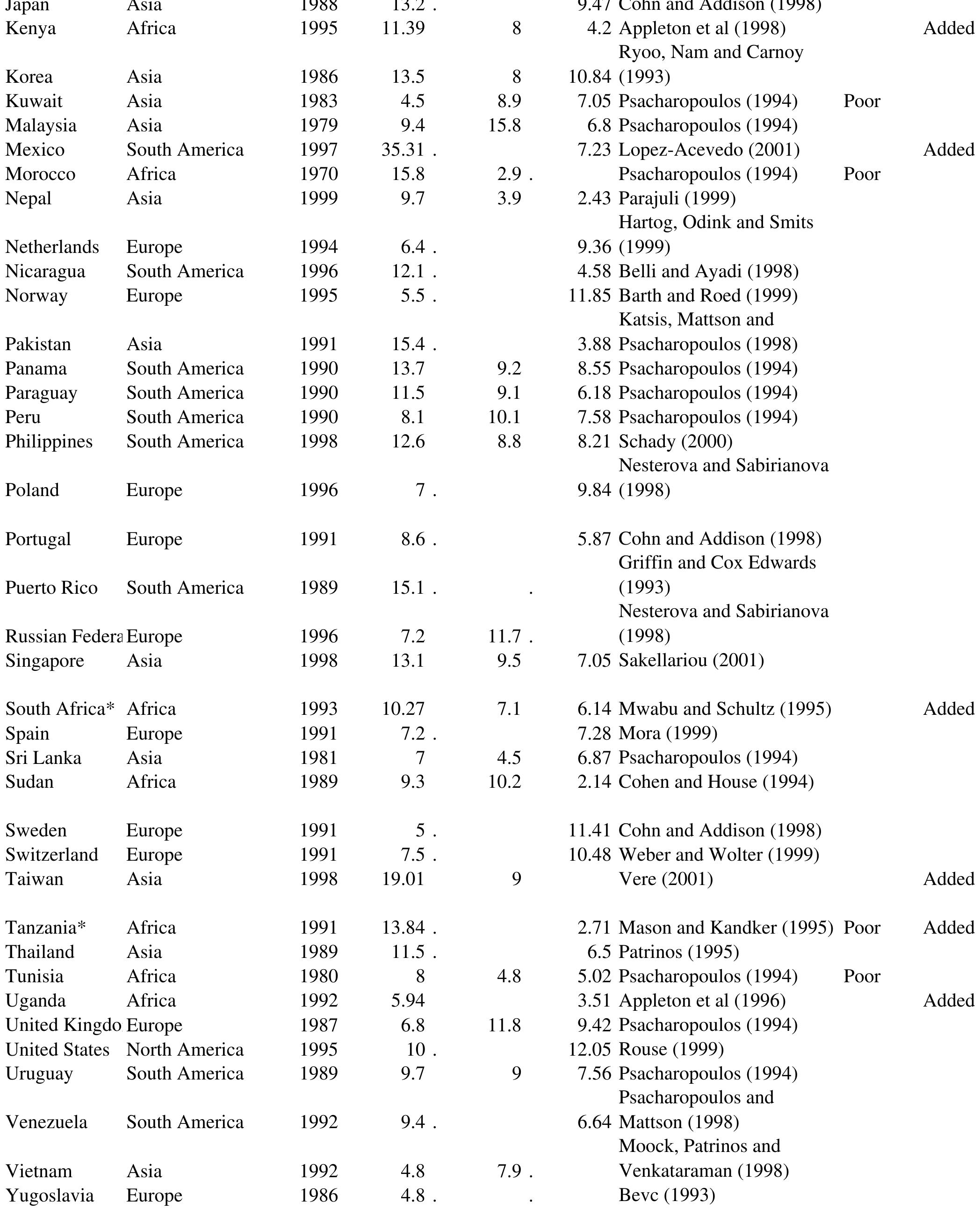This article examines five common misunderstandings about case-study research: (a) theoretical knowledge is more valuable than practical knowledge; (b) one cannot generalize from a single case, therefore, the single-case study cannot... more
How did the industrialized nations of North America and Europe come to be seen as the appropriate models for post-World War II societies in Asia, Africa, and Latin America? How did the postwar discourse on development actually create the... more
Average incomes of the poorest fifth of society rise proportionately with average incomes. This is a consequence of the strong empirical regularity that the share of income accruing to the bottom quintile does not vary systematically with... more
In the 1990s the concept of social capital-defined here as the norms and networks that enable people to act collectively-enjoyed a remarkable rise to prominence across all the social science disciplines. The authors trace the evolution of... more
Many empirical questions in economics and other social sciences depend on causal effects of programs or policiy interventions. In the last two decades much research has been done on the econometric and statistical analysis of the effects... more
Evidence from a broad panel of countries shows little overall relation between income inequality and rates of growth and investment. For growth, higher inequality tends to retard growth in poor countries and encourage growth in richer... more
w o r l d e c o n o m i c scenario for international business over the past two decades, a n d then goes on to examine its implications for the location of foreign direct investment and multinational enterprise activity. It suggests that... more
This Discussion Paper is issued within the framework of IZA's research area Internationalization of Labor Markets. Any opinions expressed here are those of the author(s) and not those of the institute. Research disseminated by IZA may... more
This paper presents recent research on access to finance by small and medium-size enterprises (SMEs). SMEs form a large part of private sector in many developed and developing countries. While cross-country research sheds doubt on a... more
This paper focuses on a new estimate of Feder (1982)'s model on productivity and externality effect of exports in six Asian countries. Econometric issues are addressed with the use of cross-sectional analysis. The results show that the... more
A simple application of big-push reasoning suggests that natural resource booms can be important catalysts for development in poorer countries. In this paper we present evidence from seven Latin American countries that natural resource... more
We designed a commitment savings product for a Philippine bank and implemented it using a randomized control methodology. The savings product was intended for individuals who want to commit now to restrict access to their savings, and who... more
Community-based (and driven) development (CBD) projects have become an important form of development assistance, with the World Bank's portfolio alone approximating 7 billion dollars. This paper reviews the conceptual foundations of... more
This article presents results from the first statistically significant study of cost escalation in transportation infrastructure projects. Based on a sample of 258 transportation infrastructure projects worth US$90 billion and... more
Production function models are estimated with a time series of cross-section data on Indonesian weaving establishments. The sources of technical inefficiency are investigated. Three firm attributes are identified as being potentially... more
While the incidence of extreme poverty fell dramatically in China over 1980-2001, progress was uneven over time and across provinces. Rural areas accounted for the bulk of the gains to the poor, though migration to urban areas helped.... more
rnCJflqJU © UOtCC ! !1n tO tJJ 2OfltC to cxcccq uo bibp urn?t pc dnotcq tpont cxbpcp bcuinou bLoAiqcq tpt jrijj ci.cq © JÔÔ P N!CP! BWUO ruq fiJJJW EtLP VII L!PL2 LL!f 2POLt GC1OU2 O tcxt not QxbLQ22q qJO O tJJC rI1JJOL2 mq UOt tJJO2C O... more
The results confirm evidence of one significant macroeconomic factor in the Dhaka stock market -a frontier stock market of Bangladesh. This result is comparable to that of some emerging (larger than frontier markets) stock markets.
Back cover text: If the new fin de siècle marks a recurrence of the real, Bent Flyvbjerg’s Rationality and Power epitomizes that development and sets new standards for social and political inquiry. The Danish town of Aalborg is to... more
Rural and urban households in developing countries face substantial idiosyncratic and common risk, resulting in high income variability. Households in risky environments have developed sophisticated (ex-ante) risk-management and (ex-post)... more
We focus on the impact of migration prospects on human capital formation and growth in a small, open developing economy. We assume that agents are heterogeneous in skills and take their educational decisions in a context of uncertainty... more
Is the evidence consistent with the predictions of endogenous growth models that the structure of taxation and public expenditure can affect the steady-state growth rate? Much previous research needs to be re-evaluated because it ignores... more
Using detailed (unpublished) industry data from the Mexican manufacturing industry, this paper examines the relation between observed technology spillovers from foreign direct investment and proxies for the complexity of MNC technology.
We thank Esther Duflo for very helpful and detailed comments. We have benefited from comments and suggestions from
We examine the effect of remittances from abroad on households' schooling decisions using data for El Salvador. Following the massive war-related emigration of the 1980s, remittances became a significant source of household income... more
In this paper we argue that the political incentives that resource endowments generate are the key to understanding whether or not they are a curse. We show: (1) politicians tend to over-extract natural resources relative to the efficient... more
We would like to thank Ricardo Sanhueza for superb research assistance. We are greatly indebted to David Wheeler and Manjula Singh for helpful conversations, for making their database available, and for estimating the results based on... more
By David L. Bevan; Resource Abundance and Economic Development: Richard M. Auty, ed., Oxford University Press for UNU/WIDER, Oxford, 2001,.
This study deals with a normative concept of participatory development approach, which originates in the developed world. In particular, it analyses and explains the limitations to the participatory tourism development approach in the... more
Growth theory has traditionally assumed the existence of an aggregate production function, whose existence and properties are closely tied to the assumption of optimal resource allocation within each economy. We show extensive evidence,... more
Inequality in income and opportunity involves significant economic and social costs. This paper critically reviews the arguments made in the book entitled The Price of Inequality: How Today's Divided Society Endangers Our Future by... more
Ð The connections between economic growth (EG) and human development (HD) form two chains. Crosscountry regressions show a signi®cant relationship in both directions, with public expenditures on health and education, notably female,... more
for detailed comments and useful suggestions. We also thank Nathan Nunn for providing the digitized version of Murdock's Tribal Map of Africa. This paper draws on material from our previous paper titled "Divide and Rule or the Rule of the... more
Is world trade becoming more regionalized, as a result of preferential arrangements such as NAFTA, the Andean Pact and MERCOSUR? If so, is this deviation from the principle of MFN (nondiscriminatory trade policies) good or bad? This paper... more
The Seventeen Contradictions is an x-ray of tensions, trends and tendencies in capital and capitalism that empowers us to look forward. Taking the still ongoing 2008 economic crisis as a starting point, Harvey investigates how the... more
The long-run relationship between financial development and economic growth is Ž . examined in a multivariate vector autoregression VAR framework using 10 sample countries. Difficulties surrounding the cross-country regressions and... more






























